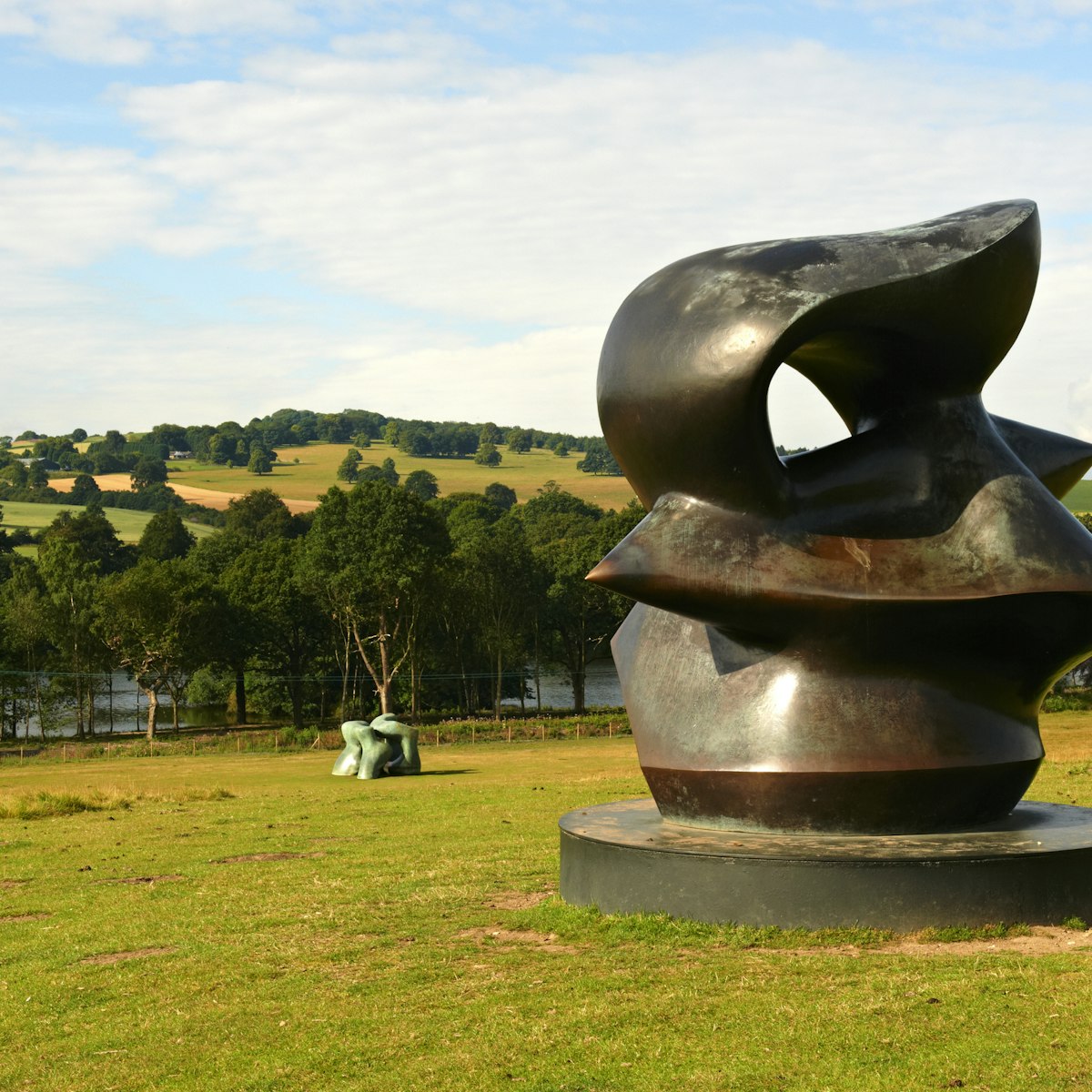For close to three centuries, West and South Yorkshire were synonymous with coal production. The collieries shaped and scarred the landscape and entire villages grew up around the pits. The industry came to a shuddering halt in the 1980s, but the imprint of coal is still very much in evidence, even if there's only a handful of collieries left. One of these, the former Caphouse Colliery, is now this fascinating museum, a superb testament to the inner workings of a coal mine.
The highlight of a visit is the underground tour (departing every 10 to 15 minutes): equipped with helmet and head-torch, you descend almost 140m in the 'cage', then follow subterranean passages to the coal seam where massive drilling machines now stand idle. Former miners work as guides and explain the detail – sometimes with a suitably authentic and almost impenetrable mix of local dialect (known in Yorkshire as 'Tyke') and technical terminology.
At ground level there are audiovisual displays, some fascinating memorabilia (including a sketch by Henry Moore, the son of a miner), and exhibits about trade unions, strikes and the wider mining communities – only a bit over-romanticised in parts. You can also stroll round the pit-pony stables (their equine inhabitants also now retired) or the slightly eerie bathhouse, unchanged since the miners scrubbed off the coal dust for the last time and emptied their lockers.
The museum is 10 miles south of Leeds on the A642 between Wakefield and Huddersfield, reached via Junction 40 on the M1. By public transport, take a train from Leeds to Wakefield (£3.90, 15 to 30 minutes, three to four hourly), and then bus 232 or 128 towards Huddersfield (£3.10, 25 minutes, hourly).







